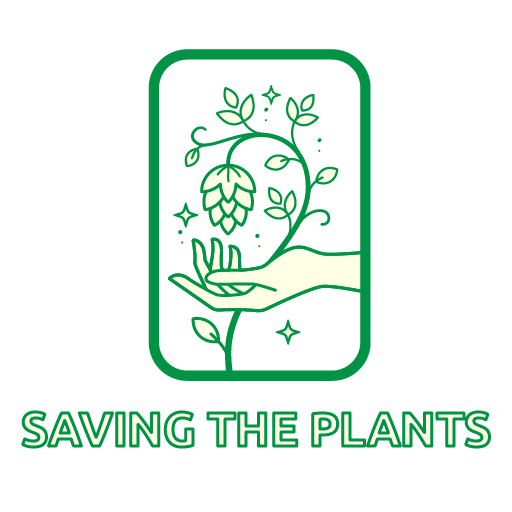Women are increasingly turning to cannabis as a natural alternative for managing menopause symptoms. The trend has been building in recent years, with the number of women using marijuana products increasing by over 50% between 2016 and 2017.
The black kush for menopause is a cannabis product that is becoming more popular among women.

Sleeplessness. Sweats during night. Anxiety. Irritability. Aches and aches are a common occurrence.
Would a little amount of marijuana help women cope with these typical menopausal symptoms?
According to a recent research, a large percentage of middle-aged women believe so, as they’ve turned to marijuana to cope with the changes in their lives.
“Midlife women in the menopausal transition phase of their lives are using cannabis, and they’re using it for symptoms that coincide with menopause,” said Katherine Babyn, a doctoral student at the University of Alberta in Canada, who led the study.
There is one disadvantage, according to Dr. Stephanie Faubion, medical director of the North American Menopause Society: “little to no study has shown that marijuana may successfully treat menopause-related symptoms” (NAMS).
“We don’t know what the possible advantages or dangers are since this hasn’t been researched officially in women going through menopause,” Faubion added. “That’s the risk here: we’re employing a medication that hasn’t been well researched.”
Babyn and her colleagues questioned approximately 1,500 middle-aged women in Alberta, Canada, for this research.
Two-thirds of the women admitted to using marijuana at some point, with one-third claiming to have done so in the previous month.
Even though just 23% of current users had it medically prescribed to them, 75% of current users said they were taking it for medicinal reasons.
They used marijuana in a variety of ways, including foods (52%), oils (47%), smoked (41%), and vaped (41%). (26 percent ).
The products they utilized included cannabidiol (CBD) and tetrahydrocannabinol (THC), the psychoactive ingredient in marijuana. About 58 percent said they used CBD/THC mixes, while 36 percent said they used high-THC products and 35 percent said they used high-CBD products.
The following were the most frequent menopause-related problems they were attempting to treat with marijuana:
- Sleeping problems (74 percent )
- apprehension (59 percent )
- Concentration problems (58 percent )
- Irritableness (55 percent )
- Aches in the muscles and joints (53 percent ).
“We can’t determine which direction that connection goes,” Babyn said, adding that women who used cannabis reported greater menopausal symptoms than those who didn’t.
According to Faubion’s research, women who use cannabis have worse symptoms.
“Do people turn to cannabis because their symptoms are becoming worse, or does cannabis make their symptoms worse?” she wondered. “Based on this study, we can’t really draw any inferences.”
According to senior researcher Nese Yuksel, a professor of pharmacy and pharmaceutical sciences at the University of Alberta, up to 74% of the women reported relief in their symptoms after taking cannabis.
“We can’t create any genuine connection with that,” Yuksel replied, since it was a generic inquiry about all symptoms. “What we believe is that women believe they are receiving some benefit, but we can’t tell for sure.”
Women should stick to tried-and-true menopausal therapies until additional medical data about marijuana’s advantages accumulates, according to Faubion, Yuksel, and Babyn.
“Future study is needed to determine if cannabis is an effective and safe treatment for menopausal symptoms,” Babyn added.
Faubion concurred.
“For menopausal symptoms, we have safe and efficient treatments,” she added. “I wouldn’t point them to anything that hasn’t been well researched.”
Doctors should contact patients to evaluate their symptoms and direct them to appropriate therapies, according to Yuksel.
“It’s a wake-up call,” she added, “to say we need to have these conversations with our patients.” “A lot of women slip between the cracks when it comes to having their symptoms evaluated and learning about the various treatment options.”
The findings were presented at the North American Menopause Society’s annual conference in Washington, D.C. on Wednesday. Medical conference findings are considered preliminary until they are published in a peer-analyzed publication.
The cbd menopause patch is a cannabis product that is designed to help with the symptoms of menopause. Women are turning to marijuana products for relief from hot flashes, mood swings, and other symptoms associated with menopause.
Related Tags
- good strains for hot flashes
- cbd for menopause weight loss
- does cbd help with menopause hot flashes
- gummies for hot flashes
- cbd for hot flashes overviews

